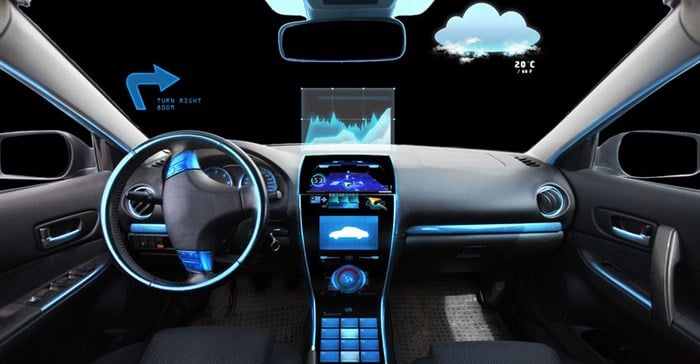"It appears that 'tomorrow' is coming sooner than many think." This is how influencer Carlos Ghosn describes the dramatic change of pace in the global auto industry.
“Every major automaker is in a race to develop the technologies that will power the cars of tomorrow, driven by three major forces of change: autonomous drive, electrification and connectivity,” said the Renault-Nissan Alliance leader at the Paris Motor Show.
We’re already seeing the effects of these fast-moving technologies in cars today. The most evident is in green mobility, where electric vehicle technology has rapidly evolved.
Electric market poised for change
By 2015, sales of plug-in vehicles – including electric vehicles and plug-in hybrids – reached the 1.5 million mark. This represents about 0.1% of the billion cars on the road worldwide. But with battery costs reducing and the introduction of wireless charging capability, predictions are that by 2040, electric vehicles – currently dominated by the Nissan LEAF - will represent 35% of global new car sales.
Although the electric vehicle market in South Africa is still small, I believe it is poised for change. Government will play a key role in committing to lower South Africa’s carbon footprint. It has shown a willingness to investigate the feasibility of large-scale rollout of electric vehicles in South Africa and has partnered with automakers and other stakeholders in a variety of electric vehicle studies. Automakers are also collaborating with each other. Nissan and BMW, for example, are expanding the national charging network for their electric and plug-in hybrid vehicles – an initiative not confined to South Africa.
South Africa and Mauritius are currently the only countries in sub-Saharan Africa with sufficient infrastructure to support electric vehicles, but this may change as Africa continues to industrialise. I believe that a natural consequence of industrialisation will be improved infrastructure, energy supply and transport systems – creating the foundation for the introduction of electric vehicles.
The autonomous evolution
Technology in autonomous drive vehicles – which combines robotics technology, artificial intelligence, sensors and car-to-car connectivity - is also evolving rapidly.
Though not yet a driverless car, autonomous drive is a range of technologies that are being introduced gradually to enhance the driving experience. In fact, many vehicles today use some autonomous drive technology, a feature which has advanced safety and driver assistance systems.
Examples in Nissan vehicles include lane departure warning, blind spot warning, active ride assist, and around-view monitor with parking assist. A recent development has been the launch of its first Piloted Drive 1.0 car in Japan, featuring steering, accelerator and braking technology that can be operated in full automatic mode.
Of course, several companies have their own distinctive autonomous drive development – and not just car makers. Google and Uber are also aiming for a piece of the autonomous drive pie.
With ongoing testing in this very competitive space, autonomous drive will advance significantly over the next few years. But the industry is still a long way off from a fully autonomous and driverless vehicle. First the technology will have to be perfected and we will also need to get around a host of regulatory, legal and safety issues.
This will be difficult enough in countries with well-developed infrastructure, sophisticated road systems and driver discipline. So I believe it will be some time before we see the introduction of autonomous vehicles in this part of the world.
Connectivity at heart
At the heart of electric vehicle and autonomous drive vehicles is highly advanced connectivity technology. At the same time, automakers also have to cater for consumers who want to be constantly connected – especially today’s youth who have grown up in a digital world and whose expectations evolve with the latest trends.
It’s not enough to offer basic connectivity. The more connected, intelligent and personalised the car is, the more appeal it has. It makes sense then to partner with information and communications technology experts - such as the Nissan-Renault Alliance has done with Microsoft to develop the next-generation technologies.
Drivers will have access to new services like advanced navigation, predictive maintenance, remote monitoring and over-the-air downloads of, for example, the latest autonomous drive software and collision-avoidance applications.
I admit that from an Africa perspective, some of the current and evolving technologies may seem far-fetched and far-off.
But globally, they’re a sign of how far the auto industry has come and the seemingly boundless limits of where we might go. Whether as individual automakers, in collaboration with each other, or partnering with experts outside the automotive space.

















































